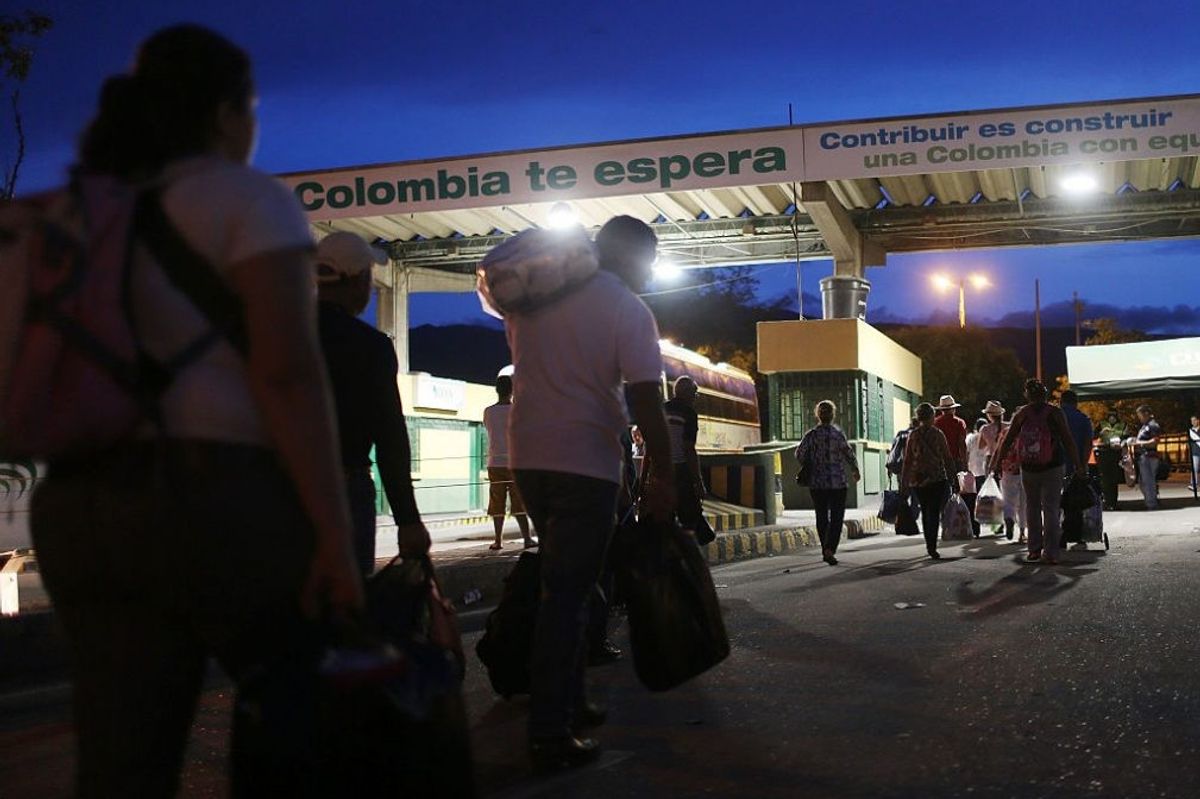Unstable, corrupt, plagued by scandal—these describe Brazil’s current economic and political climate, a big transformation from its image of an advancing economy with secure investment opportunities. How did Brazil, one of the BRICS (Brazil, Russia, India, China, & South Africa) countries, go from boom to bust so rapidly?
It begins with Petróleo Brasileiro S.A. (Petrobras), the semi-public Brazilian energy corporation that has recently been mired in scandals. In September 2013, Petrobras reported the largest debt of all global oil producers. It was later uncovered that Petrobras inflated the value of service contracts and funneled the excess funds into its executives’ bank accounts and to political party members. Alleged culprits include the treasurer of the Workers’ Party, the sitting President’s political party, and high-ranking members of Brazil’s congress. There are also allegations that Brazilian President Dilma Rousseff, who was Petrobras’ Chairwoman from 2003 to 2010, was involved in this corruption, though there is currently no evidence to back these claims.
Petrobras has had to make changes to its business operations, such as canceling investment projects and firing tens of thousands of workers, compounding Brazil’s deteriorating economy. In August, South America’s biggest economy fell into recession. Gross domestic product is forecasted to shrink by 2 percent this year; inflation is over 9 percent—double what the Central Bank expected—and unemployment has risen to over 8 percent, compared with 4.9 percent one year ago. China’s slowed growth and low commodity prices have also hit Brazil hard, and Standard & Poor’s decision this month to downgrade Brazil’s credit rating to “junk” status will only make things worse.
To top all of this off, a prosecutor at Brazil’s Federal Accounts Court is accusing President Rousseff of breaking the nation’s fiscal responsibility law by delaying repayments to Brazilian lenders who advanced money to pay for social programs. The delay caused the nation’s fiscal account to appear healthier than it was, which could be considered accounting fraud, and occurred right before President Rousseff’s reelection last year.
If the allegations are proven true, this corruption scandal could be cause for President Rousseff’s removal from power. Almost two-thirds of Brazilians are already calling for her impeachment, with her approval rating hovering at about 8 percent. The president of Brazil’s senate, however, has stood against impeaching her, warning that seeking her removal would “set the country on fire,” especially since political risk used to be a big reason for avoiding Brazilian markets.
There may be some hope for President Rousseff, who is trying to pass an austerity plan to cut down on government spending and stimulate economic growth. She is starting by cutting 10 of 39 government ministries, an unpopular move among other politicians, but one that some say shows her commitment to economic reform. The austerity package will also raise taxes and cut many welfare programs and subsidies that were implemented to combat poverty and income inequality.
Questions remain as to whether these changes will be enough to bring investors back to Brazil, and if Sao Paolo will respond to demands by businesses to reform what many characterize as a confusing tax code and an outdated pension system to make it easier for companies to operate in Brazil.
Alana Garellek is an analyst at The Cipher Brief.









